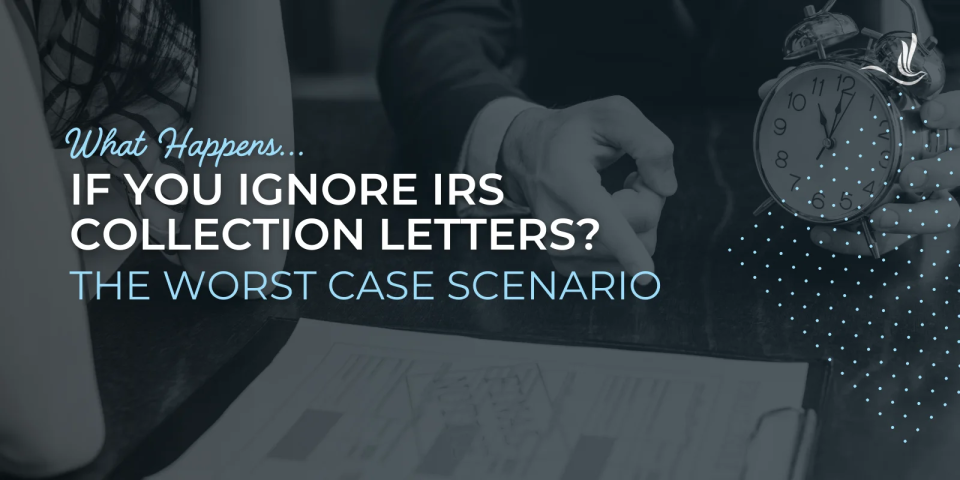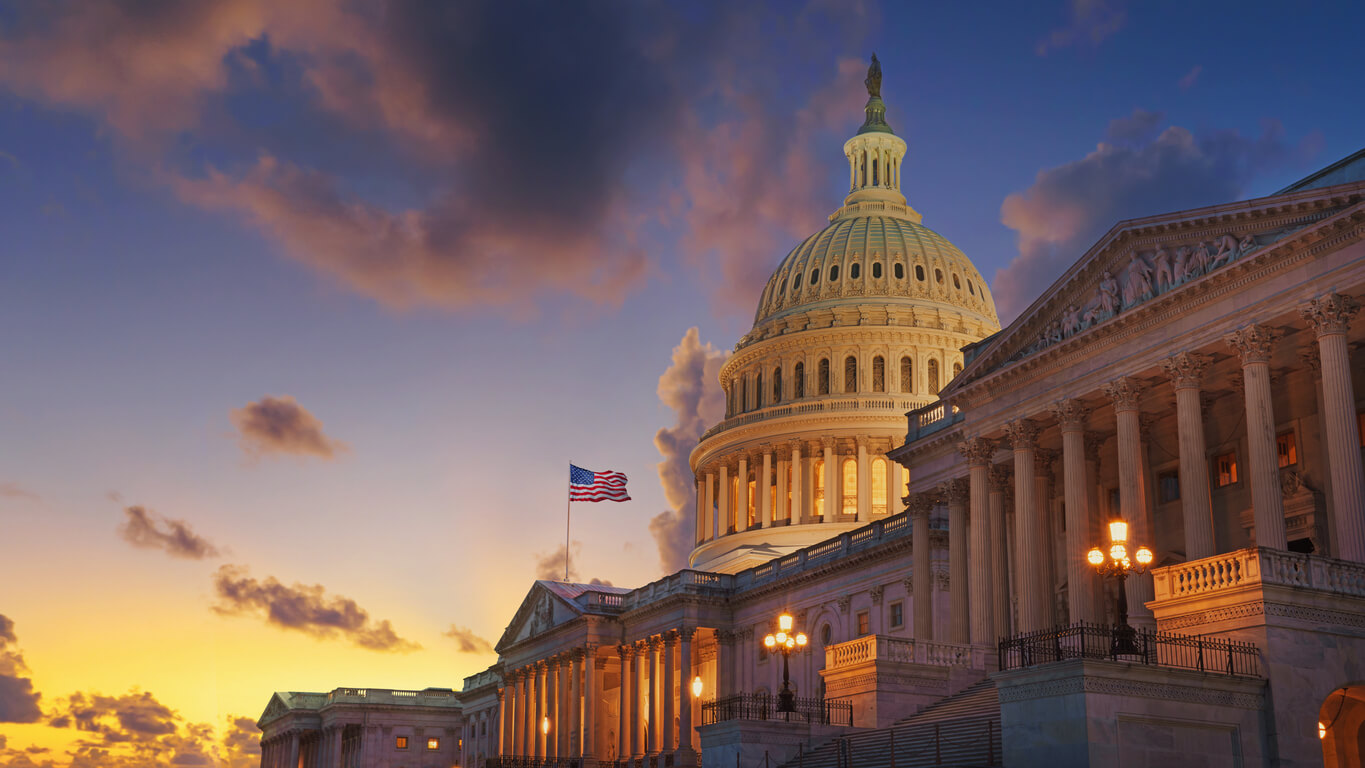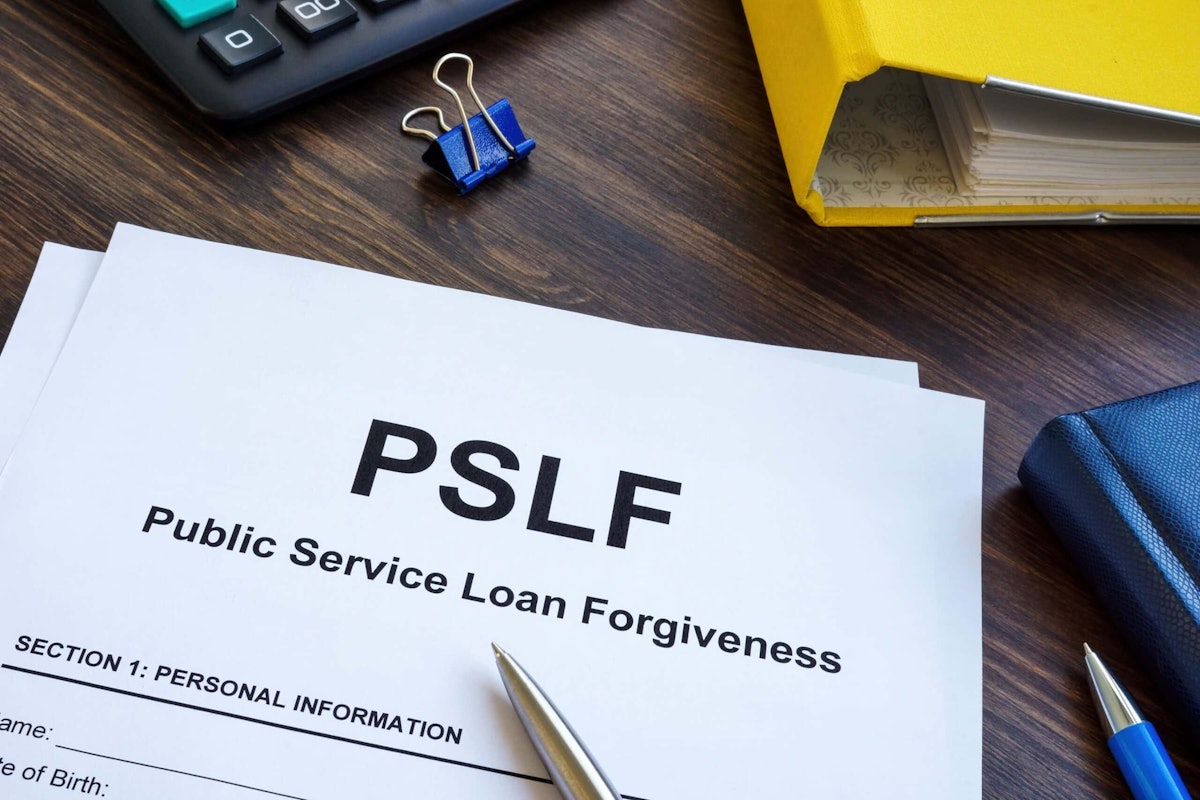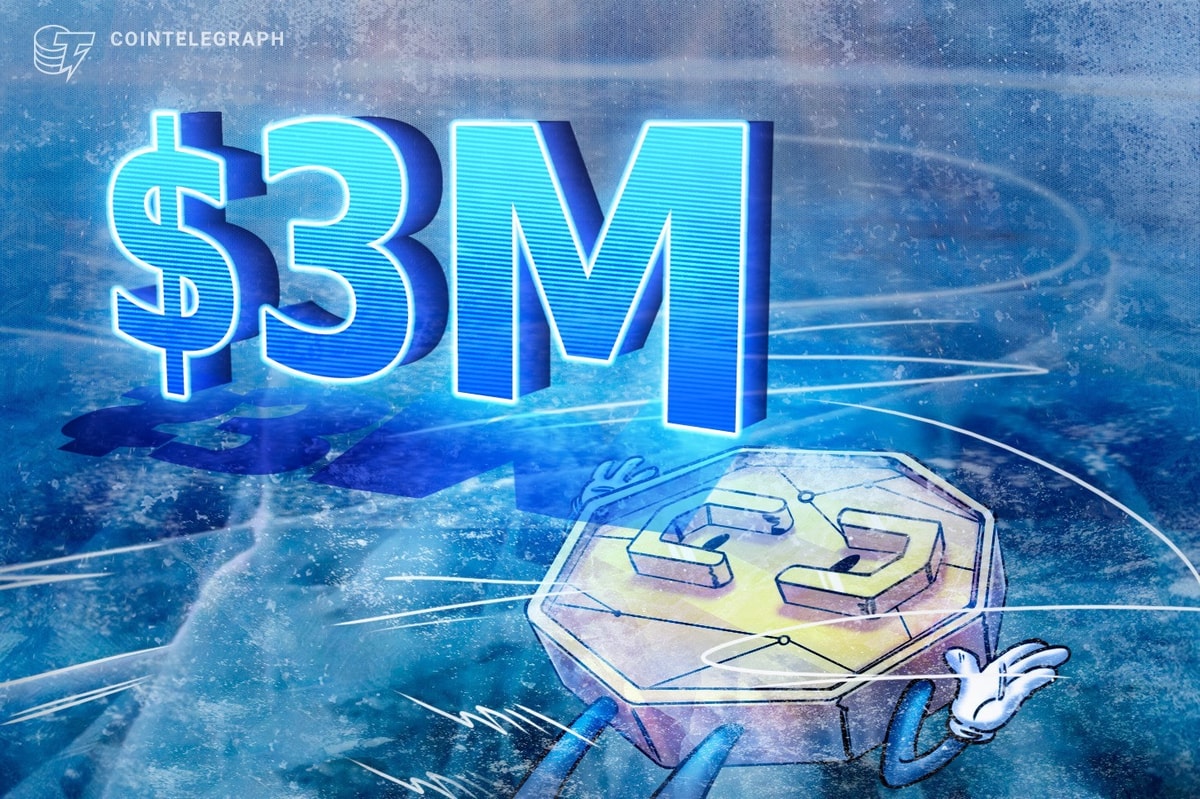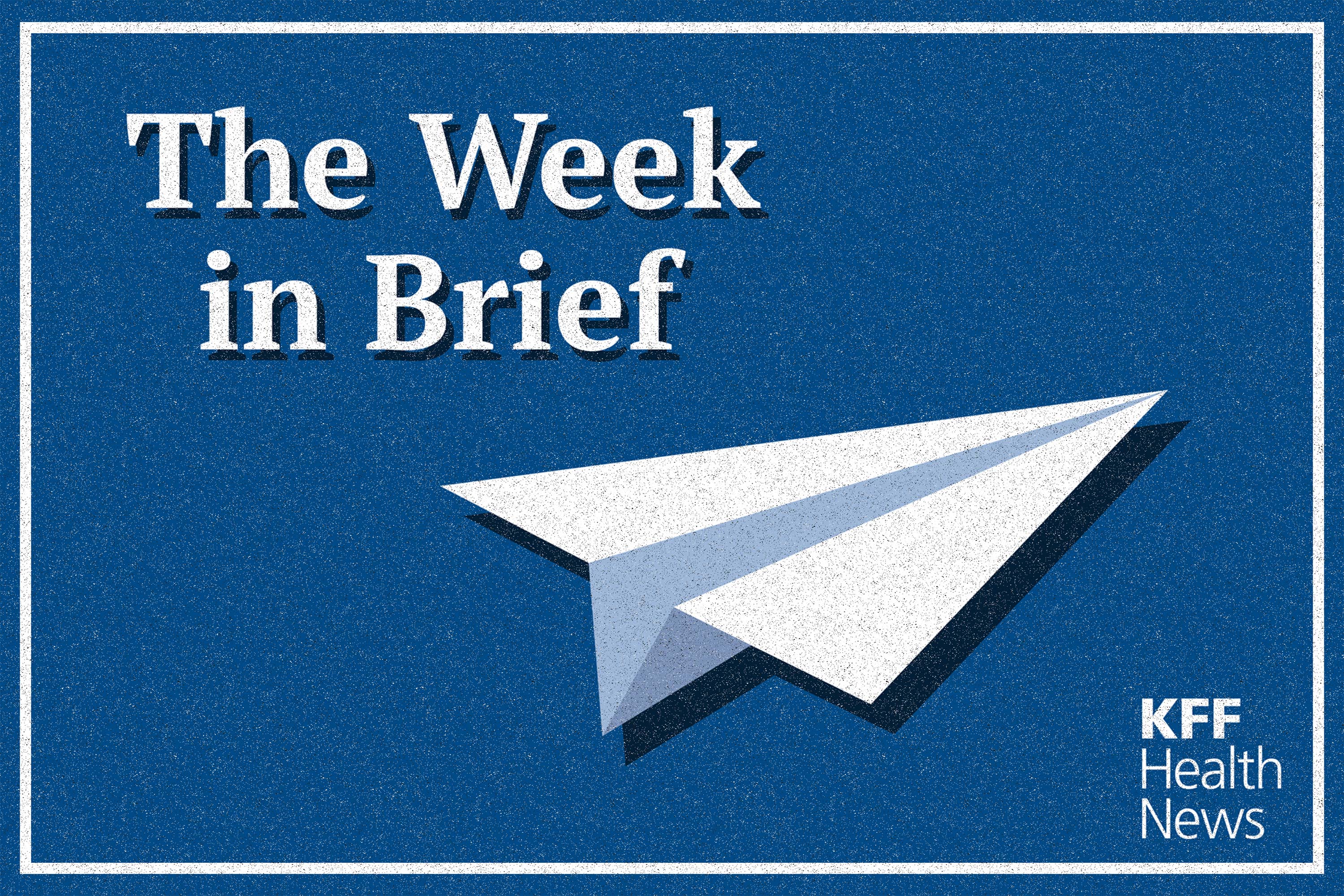Ever open your banking app, brace for impact, and feel that familiar cocktail of guilt and confusion?
I used to—daily. No matter how many spreadsheets I tweaked or “no-spend” challenges I tried, my digital trail of swipes and taps felt like quicksand: neat in theory, yet somehow always dragging me deeper into overdraft territory.
Then one Saturday morning, standing in line at the grocery store with my third latte of the day, I caught myself thinking, “Where does all the money actually go?” Spoiler: the answer wasn’t “some mysterious black hole.” It was my own autopilot spending.
So I did something that felt borderline prehistoric: I withdrew two crisp stacks of bills, labeled plain envelopes—groceries, gas, fun, emergency—and ditched my cards. For sixty days, every purchase was a physical hand-off of cash. No Apple Pay. No “maybe I’ll check the balance later.”
The result? A bruisingly honest look at my habits and, shockingly, a calmer nervous system. Watching those envelopes shrink—sometimes faster than I liked—forced me to confront impulse buys and celebrate intentional ones.
By the end of two months, my finances weren’t just tidier; my mindset had done a 180° pivot from anxious avoidance to deliberate control. Here’s exactly how sticking to paper money rewired my relationship with money—one envelope at a time.
The setup: six envelopes, zero excuses
I didn’t invent this—grandparents everywhere did—but the envelope method clicked because it was low-tech and brutally transparent. I divided my take-home pay into six categories: groceries, gasoline and transport, social life, coffee and “little luxuries,” household supplies, and an emergency buffer.
Tucking actual bills into each envelope created an immediate boundary. When the “coffee” envelope thinned out, there was no magical overdraft or credit-card grace period to bail me out. Either I brewed at home or I stole from another envelope—an act that felt suspiciously like stealing from myself.
I found that filling envelopes twice a month worked best. If you’re paid bi-weekly, it lines up with your salary cycle and keeps you honest. Weekly top-ups felt like cheating, but monthly felt too risky.
Week 1–2: Sticker-shock honesty
The first ten days were humbling. My latte habit torched half the coffee budget before Tuesday, so I started packing a thermos. That saved me almost about $35 in the first fortnight, which later helped refill the grocery envelope.
During this time, I also noticed “subscription creep.” I’d been paying for a random streaming service and an app I barely used. Canceling those freed up more cash for the envelopes—and delivered a small hit of righteous satisfaction.
Week 3–4: The psychology kicks in
By the halfway mark, parting with cash actually stung. Researchers call it the “pain of paying.” In a 2024 study, University of Adelaide economists confirmed that consumers tend to spend more with digital payments because tapping a card or phone blunts that pain sensation. Handing over paper bills, by contrast, makes spending more memorable, so people slow down.
Every purchase now registered in my brain. Those impulsive items near the checkout lost their charm because I’d glance at the envelope and ask, “Do I want this more than dinner on Thursday?” Seventy percent of the time, the answer was no.
Week 5–6: Momentum and measurable wins
The final stretch felt less like deprivation and more like a game. I started tossing leftover grocery cash into a mason jar labeled “Future Fun.” Watching it grow was oddly addictive. Physically seeing money accumulate or vanish kept me from sneaking credit cards back into rotation.
By day 60, the numbers told a clear story: discretionary spending dropped by about 18 percent, my emergency fund went up $120, and I paid zero credit-card interest because I never swiped. My stress level was also significantly lower; the usual Sunday-night financial anxiety disappeared.
Lessons no spreadsheet ever taught me
First of all, I learned this – friction is your friend. Swiping is friction-free, but peeling bills off a dwindling stack forces you to pause. Those seconds of mindfulness are often all it takes to walk away from a poor purchase.
Next, budgets fail when they’re abstract. Digital trackers can be handy, but if numbers only exist on a screen, it’s too easy to fudge. Cash is concrete and calls you out.
From there, the “little luxuries” envelope drove the lesson home. Tiny leaks sink big ships. One latte a day for a month wasn’t just about $3—it added up to nearly $80, a number I could literally see disappearing from my wallet.
Finally, I discovered that discipline beats willpower. Leaving the cards at home spared me the mental gymnastics of talking myself out of a random splurge. The system decided for me, so I didn’t have to rely on brute-force willpower.
Why sixty days was the sweet spot – and how I’m keeping it going
Habit studies suggest it takes about two months for a new routine to feel like second nature. At first, the cash-only system was clunky—I felt like I’d time-traveled to 1995, counting bills in checkout lines—but by week six it felt normal, even empowering. Those sixty days were long enough to reveal real changes in my mindset and spending patterns, yet short enough that I never lost motivation.
Of course, cash living raises practical concerns. Online bills? I kept a small autopay checking account for rent, utilities, and student loans—everything else came from envelopes.
Worried about safety? I never carried a month’s allotment, only what I needed for the day. And if friends thought it was weird, their skepticism vanished after they watched me crush a lingering credit-card balance in three months; now a couple of them are stuffing envelopes too.
I plan to stick with the system, just streamlined. I’ve added a “clothing” envelope, folded coffee into “social life,” and allow a single card purchase each month—on the condition that I move the same amount of cash from an envelope into savings within 24 hours. That loophole lets me handle online buys without reopening the floodgates.
The biggest payoff isn’t higher income; it’s clarity. When you physically hand over bills, there are no hidden fees or blurred lines—just money leaving your hands. That honesty makes other goals, like growing an emergency fund or tackling debt, actually feel possible.
I’ll still tap my phone now and then, but I’ll remember the hiss of paper sliding from an envelope and the calm that followed. If contactless spending keeps you guessing where the money went, try sixty days of cash. It’s retro, but it might just reboot your entire relationship with money.
















